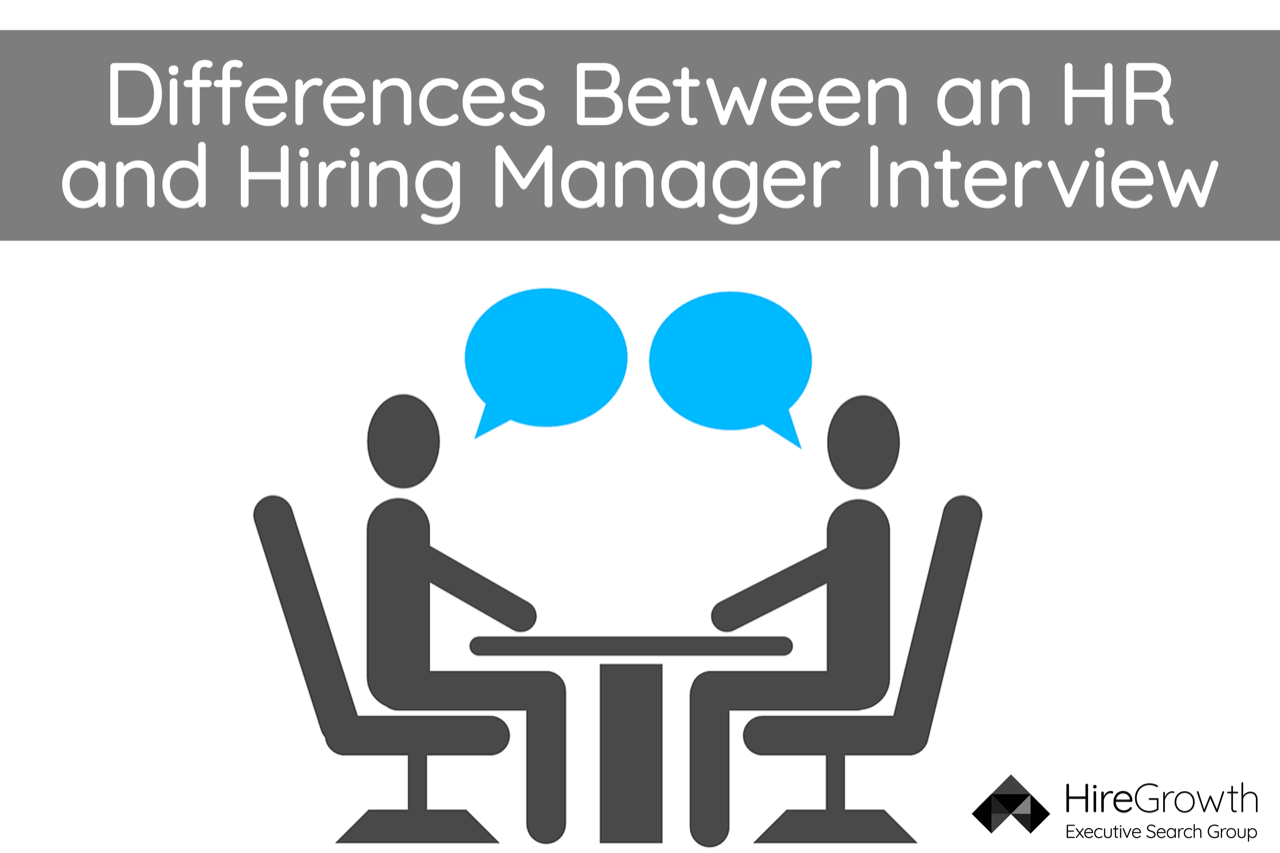Have you ever experienced an interview that seemed unexpectedly short? Did you get the job? In most cases, an interview that ends abruptly is not one that will lead to a job offer.
One way to ignite the conversation is to not only rely on your interviewer asking you questions, but to also have a few intelligent questions prepared for them. Remember, an interview can be a two way street. You want to exemplify your strong industry knowledge, but you also want to make sure that the company and team you are considering is a good match and one where you will see continual professional growth.
Preparing the right types of questions for your interview is crucial. The wrong questions could make you look unprepared, unknowledgeable, or even “give me give me”. Your questions should be well thought out, intelligent, and demonstrate your true interest in the company, team and position.
Here are a few examples of quality questions that will help you get the job:
What qualities will your ideal candidate possess?
This is an excellent question to ask towards the beginning of your interview. Listen very carefully to your interviewer’s answers, as this will help you focus your conversation and highlight the qualities he/she is looking for that you bring to the table throughout the remainder of the meeting. If your interviewer only talks about ‘hard skills’, follow-up by asking what ‘soft skills’ would fit the role and team best (leadership, ambition, teamwork etc.).
How do you help your team grow professionally?
This question shows that you are always looking forward and are ambitious. By asking about the growth of individuals on the team and how the manager helps facilitate this growth, you come across as an individual who cares about the longevity of your next career move (a highly important quality to most managers).
What have past employees done to succeed in this role?
The answer should help you to gauge how the company and manager are going to measure your success in this role. Therefore you can begin to understand what it takes to advance and succeed in this position. Showing the manager that you care about the success of your work is always a huge plus.
What are the challenges of this position?
If there are not any obstacles and challenges in the role you are looking at, you are likely not looking at a growth opportunity. See what the manager has to say about the challenges and this should help you evaluate if this is a step in the right direction for you professionally.
Where is your team seeing the most success? Where are you facing some issues and what are you doing to solve them?
The answers to these questions will not only keep the conversation rolling, but will also give you insights into the manager’s industry knowledge. Asking about the issues a manager is dealing with will allow you to learn how innovative and creative he/she is along with the management style they portray when faced with a difficult situation.
Who do you consider to be your major competitors? How are you evolving to stay competitive in the marketplace?
This question shows that you are knowledgeable about the industry and curious about the evolving business structure and goals of the organization. It’s important to be aware of the evolution of a company and it’s products along with how they are standing apart from their competitors.
I saw an article about your current trends online. Can you tell me more about this?
Do your homework on the organization. Find a recent article and bring it up during your interview. This will show that you have a genuine interest in the organization.
What does the organizational chart look like?
Knowing who you will report to, and who your manager reports to is something you do not want to be surprised with on your first day of the job. Find out what the team structure looks like so that you can paint a mental picture of the management ladder.




